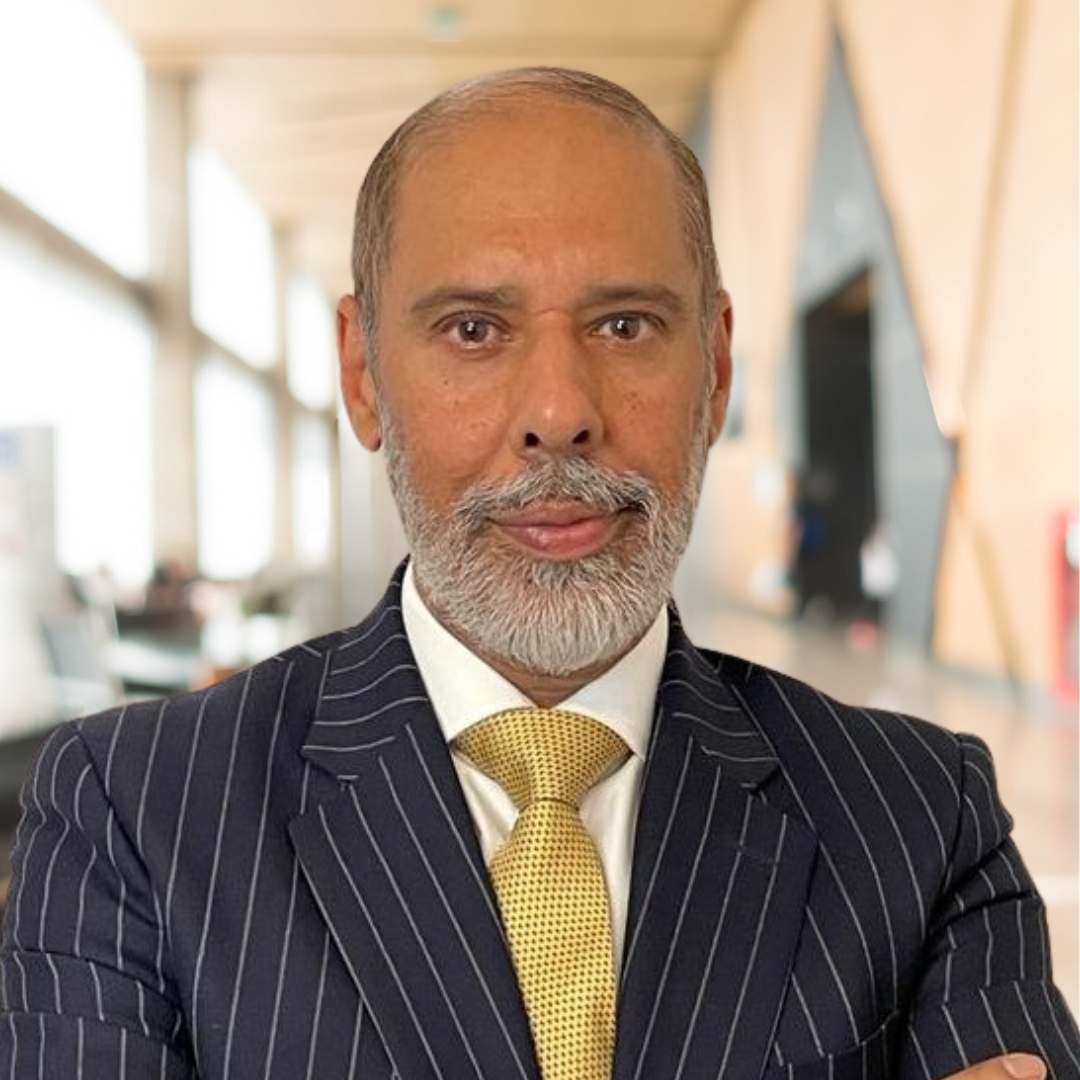Upholding Ethical Responsibility in Times of Conflict and Elections: An EU Perspective

October 13, 2023

Introduction:
In the age of digital dominance, the ethical responsibility of technology giants has taken centre stage. Recent global events, notably those entailing conflict and democratic processes, have highlighted the necessity of maintaining the highest ethical standards within the digital realm. This article delves deeper into the multifaceted challenges and best practices surrounding ethical responsibility in the context of digital ethics, offering an EU perspective that seeks to foster insight and inspire dialogue.
The Challenge of Disinformation:
The ongoing Israel-Hamas conflict served as a stark reminder of the digital era's dark underbelly - disinformation. Thierry Breton, a prominent European regulator, utilised this moment to urge Meta CEO Mark Zuckerberg to exercise vigilance in promptly removing disinformation from the company's platforms. His call was rooted in the understanding that misinformation has the potential to not only exacerbate conflicts but also sow discord and division within communities. Ethical vigilance is thus elevated from a mere concept to an imperative.
The Digital Services Act: A Framework for Responsibility:
To tackle the formidable challenges posed by digital ethics, the European Union has implemented the Digital Services Act (DSA), a sweeping legislative framework. The DSA places the onus of monitoring and removing illegal content squarely on tech companies' shoulders, including industry behemoths like Meta. This act is not just a legal requirement; it reflects the moral and ethical imperative of shielding society from harmful content. The DSA introduces stringent regulations and penalties for non-compliance, including substantial fines, marking a clear stance on the importance of ethical responsibility in the digital age.
Collaboration and Responsibility:
Tech companies are not left to navigate the labyrinth of digital ethics in isolation. Collaboration with experts, fact-checkers, and local communities is deemed fundamental to combat the spread of misinformation and harmful content effectively. Tech firms have increasingly sought partnerships and initiatives that prioritise safety, uphold ethical standards, and promote transparency. This approach is a testament to the shared commitment to responsible content management, emphasising that ethical responsibility extends beyond mere legal compliance.
Safeguarding Elections and Democracy:
Elections serve as the bedrock of democratic societies, and any misinformation that casts a shadow over them is treated with the utmost seriousness under the DSA. Tech companies are required not only to adhere to their ethical commitment but also to share their strategies for addressing deepfakes, manipulated content, and disinformation during electoral processes. The commitment to safeguarding elections extends to upcoming events in various European countries, reflecting a collective ethical duty to ensure the integrity of democratic processes.
Striking the Balance:
The heart of the ethical responsibility in the digital age lies in striking a precarious balance. On one hand, there's the imperative to protect the cherished right of free speech, a pillar of democracies worldwide. On the other hand, there's the moral obligation to safeguard citizens and the democratic processes from the harm caused by misinformation and harmful content. The DSA takes on this ethical tightrope walk, seeking to establish a framework that upholds both principles. Achieving this balance is no straightforward task, but it's one that we must undertake to ensure that technology remains a force for good and a guardian of democratic values.
Conclusion:
In times of conflict and during elections, the upholding of ethical standards in the digital realm is not a mere option; it's an ethical obligation. The European Union's Digital Services Act has set a lofty standard for responsible behaviour within the tech industry, emphasising the need to safeguard democratic values and protect citizens from the harm caused by misinformation. It's essential that all stakeholders, including governments, tech companies, and civil society, continue their collaborative journey to ensure that technology remains a positive force in our rapidly evolving world. Ethical responsibility in the digital age is a shared commitment that must be upheld, forging a path towards a more just and responsible digital ecosystem that reflects the high ethical standards of our time.



